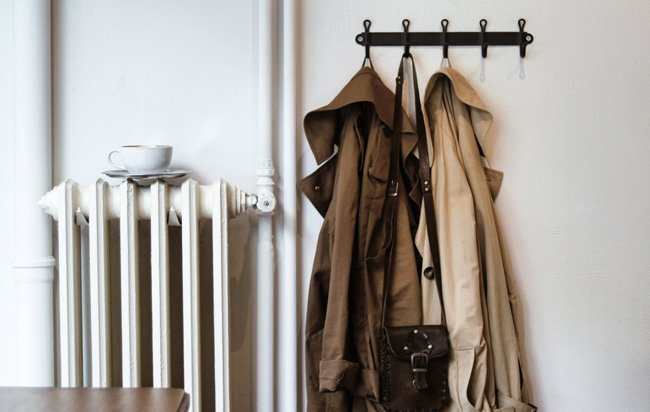
Sign up to my newsletter!
The Reengineer is about the people and technologies helping us to tackle, and survive, climate change.
The challenges are massive. But they are also engrossing. We are tasked with reengineering civilisation itself, bit by bit. There is hope and courage to be found in the fact that this is possible.














































